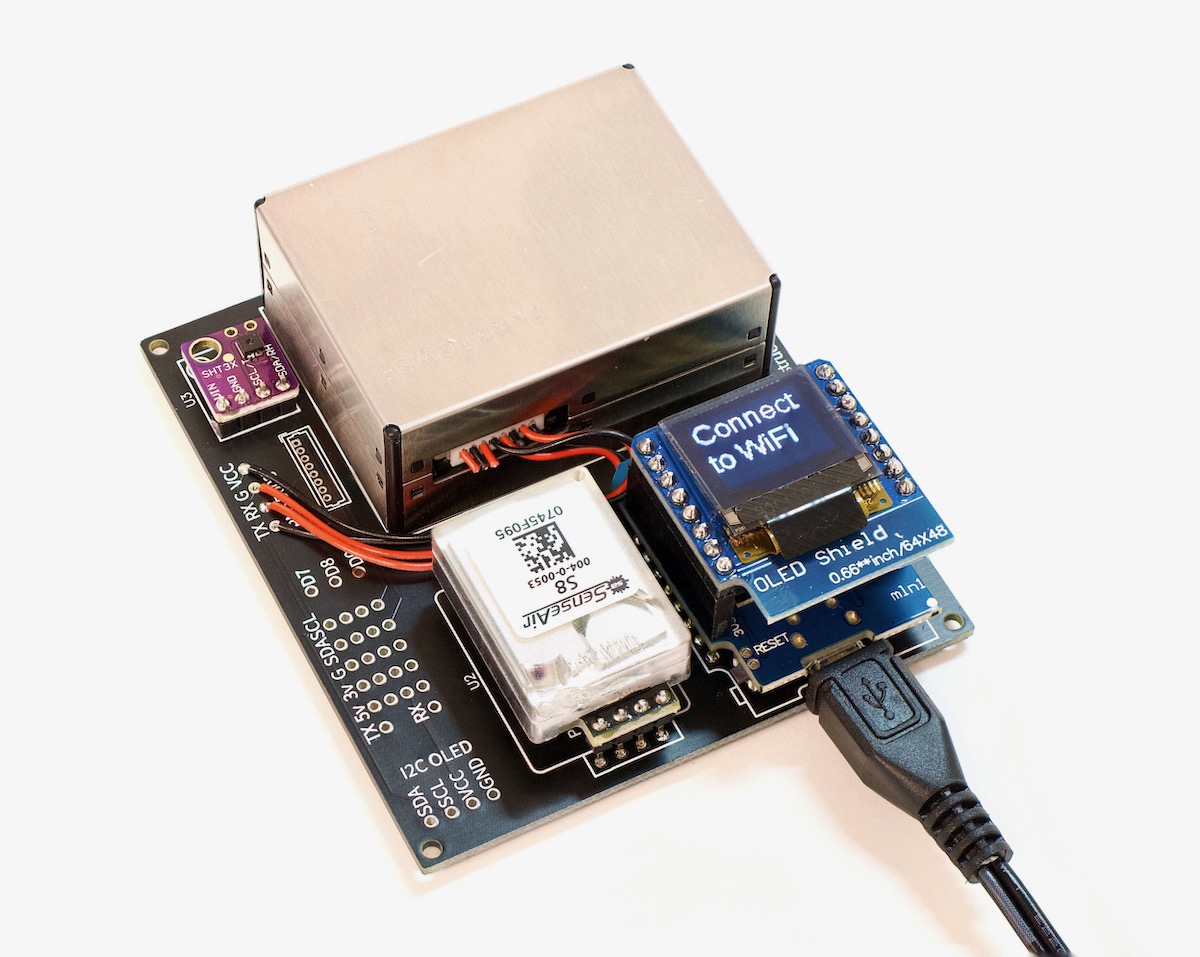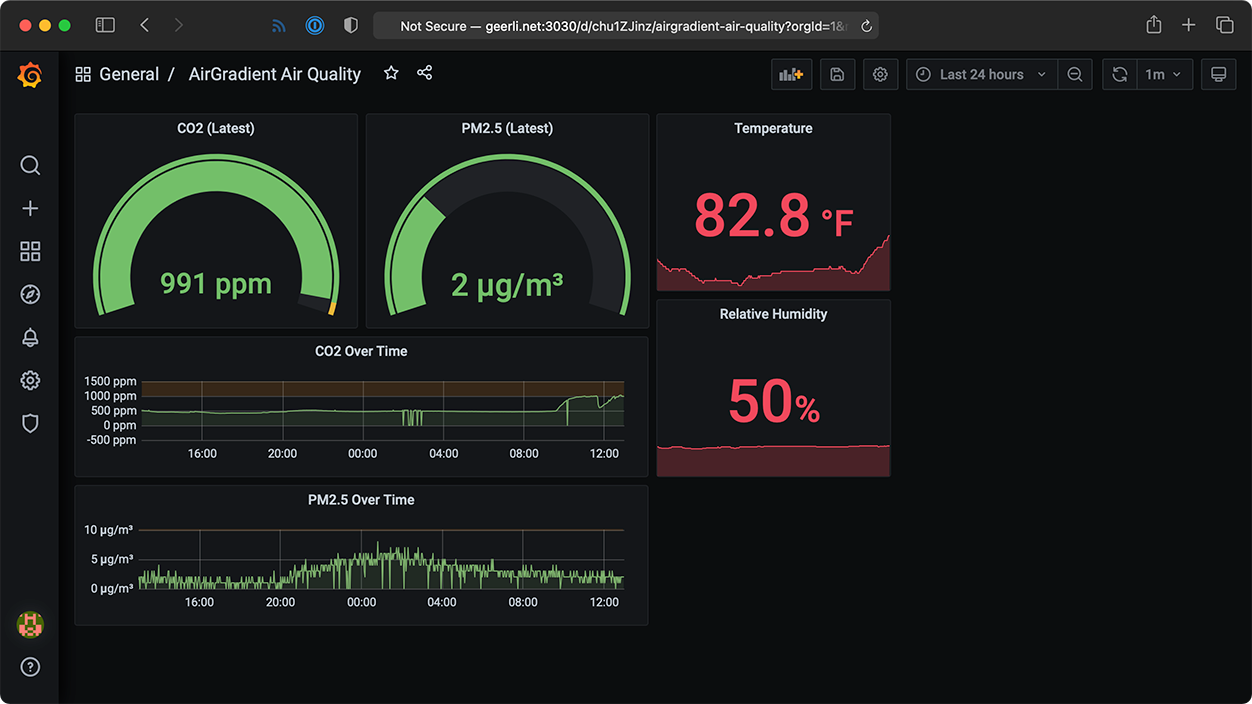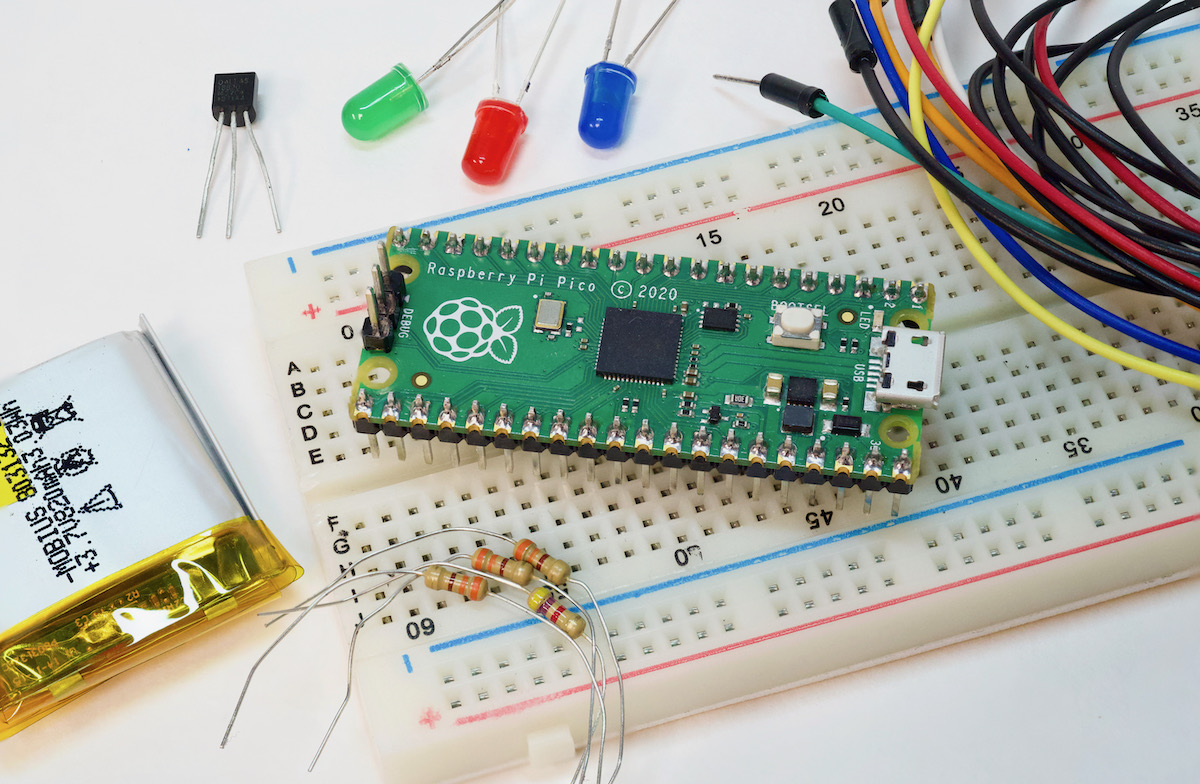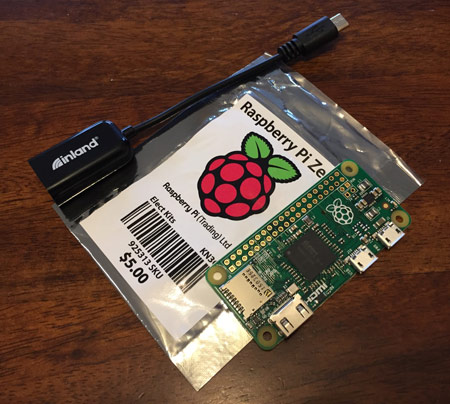The Raspberry Pi Pico W brings WiFi for $6
Today, Raspberry Pi announced the Pico W, a new $6 version of the Pico that includes WiFi.
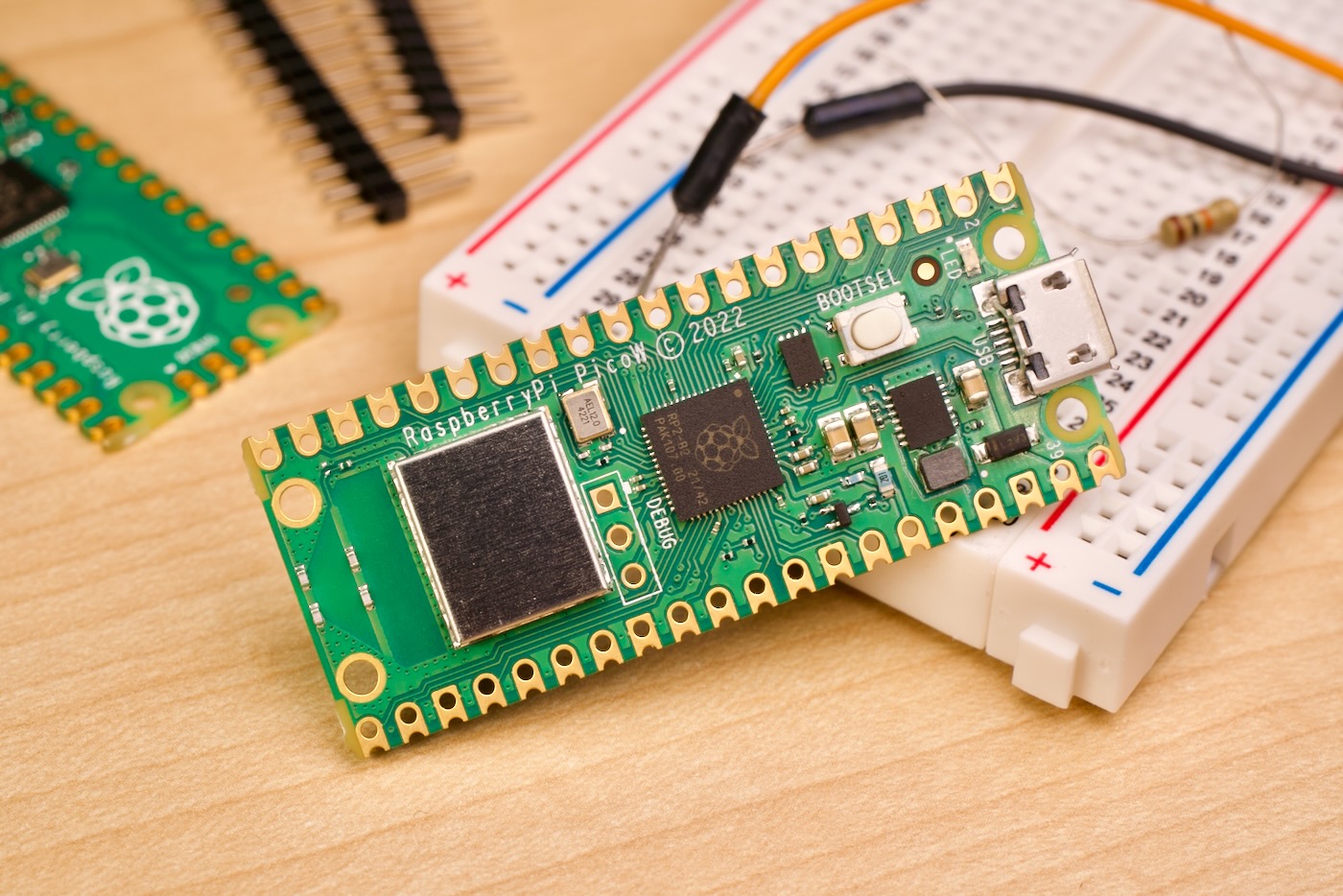
No word yet on Bluetooth. The WiFi chip in the Pico W (Infineon CYW43439) supports it, but right now the RP2040 firmware lacks Bluetooth support.
The Pico W being available for just $6 is huge, because one of the chief complaints about the original Pico (powered by Raspberry Pi's own RP2040) was its lack of wireless support—a feature present on similarly-priced boards based on the ESP32 and ESP8266.

